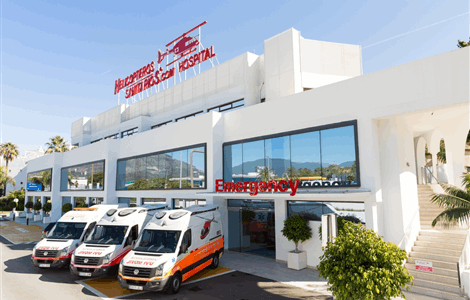
Electrical energy exposure may result in no harm at all or in severe damage or death. The most prevalent kind of electric shock damage is burns. Here’s what to do after an electric shock and when to call our home GP for accidents at home in Costa del Sol.
What to do after an electric shock
The risk posed by an electrical shock is dependent on the kind of current, the voltage used, the path taken by the current through the body, the individual's general health, and the speed with which the person is treated.
Electrical shocks may result in burns or leave no apparent trace on the skin. Electrical current traveling through the body in either situation has the potential to inflict internal damage, cardiac arrest, or other harm.
Caution
- If the wounded individual is still in contact with the electrical current, do not attempt to touch him or her.
- If the cause of the burn is a high-voltage line or lightning, call our home GP for accidents at home in Costa del Sol for assistance. Wait until the electricity has been switched off before getting close to high-voltage lines. Overhead electrical wires are often not insulated. Keep at least 6 meter) away from the wires — and much farther away if the wires are leaping and sparking.
- You should never move a person who has been electrocuted unless that person is in urgent danger.
When to call our home GP for accidents at home in Costa del Sol
For a high-voltage shock, call our home GP for accidents at home in Costa del Sol. After receiving a low-voltage shock, contact a doctor for the reasons listed:
- Your last tetanus vaccination was more than five years ago.
- Burns that do not heal properly.
- Burns that become more red, painful, or draining.
- Any kind of electric shock in a pregnant woman